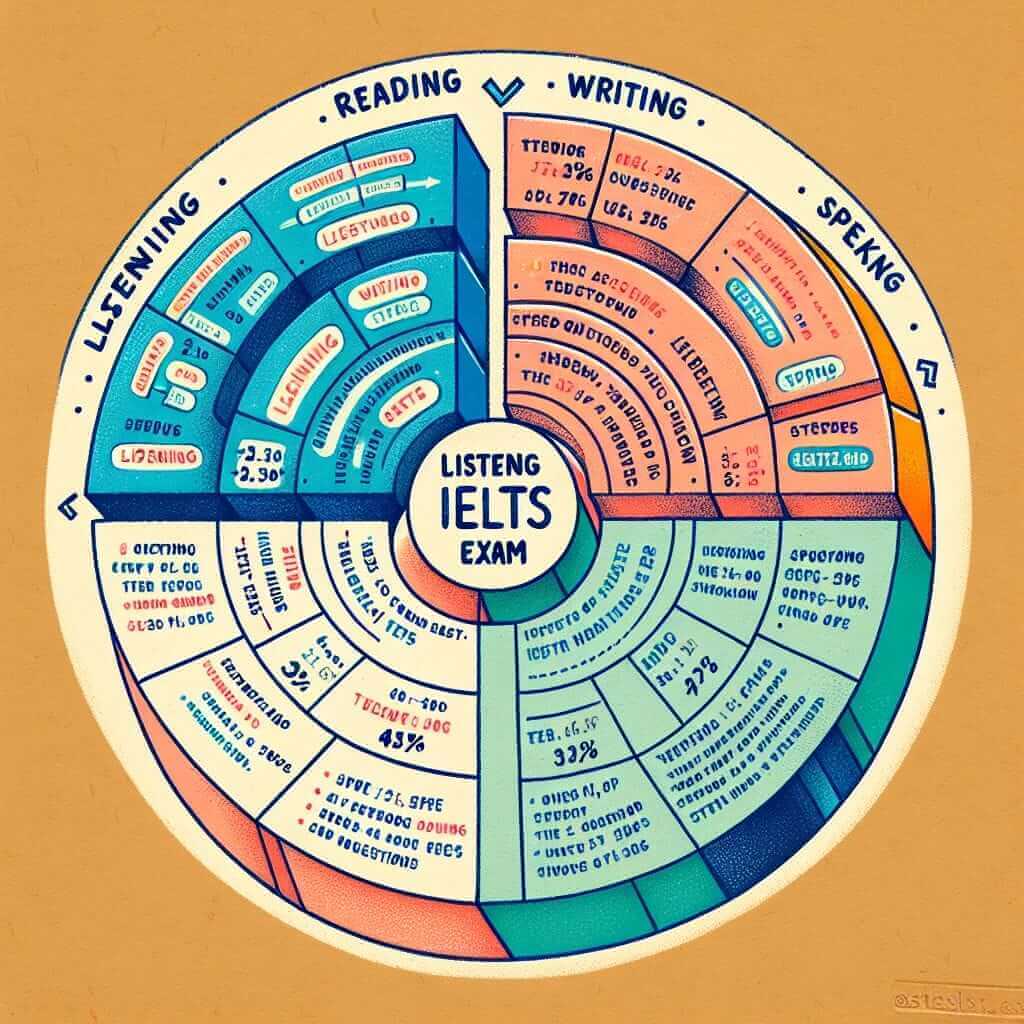The International English Language Testing System (IELTS) is a globally recognized English proficiency test that assesses your abilities in listening, reading, writing, and speaking. Whether you’re aiming for higher education, global career opportunities, or migration, achieving your desired IELTS band score is essential. As an IELTS instructor with over two decades of experience, I’ve helped countless students navigate this journey successfully. This comprehensive guide will provide you with invaluable insights and practical strategies to optimize your IELTS preparation.
Understanding the IELTS Exam
Before delving into specific learning strategies, it’s crucial to understand the structure and requirements of the IELTS exam.
IELTS Test Format:
The IELTS exam comprises four sections:
- Listening: This section assesses your ability to understand spoken English in various contexts.
- Reading: This section evaluates your comprehension skills through passages from books, magazines, and newspapers.
- Writing: This section tests your ability to express yourself coherently and effectively in written English.
- Speaking: This section assesses your fluency, pronunciation, vocabulary, and grammatical accuracy in spoken English.

Effective IELTS Learning Strategies
1. Set Realistic Goals and Create a Study Plan
- Define your target band score: Determine the score you need based on your academic or professional goals.
- Create a realistic study schedule: Allocate dedicated time slots for each IELTS section.
2. Enhance Your English Language Skills
- Expand your vocabulary: Learn new words and practice using them in context.
- Improve your grammar: Review English grammar rules and practice sentence construction.
- Focus on fluency and pronunciation: Engage in regular speaking and listening practice.
3. Familiarize Yourself with the IELTS Test Format
- Understand the question types: Become acquainted with the various question formats in each section.
- Practice time management: Develop effective strategies to complete the test within the allocated time.
IELTS Learning Resources
1. Official IELTS Preparation Materials
- IELTS Official Website: Access free practice materials, sample tests, and test-taking tips.
- Cambridge IELTS Books: Utilize authentic past papers and practice tests for comprehensive preparation.
2. Online Resources
- IELTS Preparation Websites: Explore reputable websites offering interactive exercises, mock tests, and study guides.
- Language Exchange Platforms: Engage in conversations with native English speakers to enhance your fluency.
IELTS Speaking Test Tips
1. Practice Regularly
- Record yourself speaking: This allows you to identify areas for improvement in pronunciation and fluency.
- Engage in mock interviews: Simulate the test environment by practicing with a tutor or language partner.
2. Expand Your Vocabulary
- Learn topic-specific vocabulary: Focus on vocabulary related to common IELTS themes, such as education, technology, and the environment.
- Use a range of grammatical structures: Demonstrate your command of complex sentence structures and vocabulary.
3. Stay Calm and Confident
- Maintain eye contact and positive body language: Project confidence during the speaking test.
- Don’t be afraid to ask for clarification: If you don’t understand a question, politely ask the examiner to repeat it.
Conclusion
Preparing for the IELTS exam requires dedication, strategy, and effective learning resources. By following these tips, utilizing the recommended resources, and seeking guidance from experienced tutors, you can enhance your English proficiency and achieve your desired IELTS band score. Remember to practice consistently, stay motivated, and approach the exam with confidence.